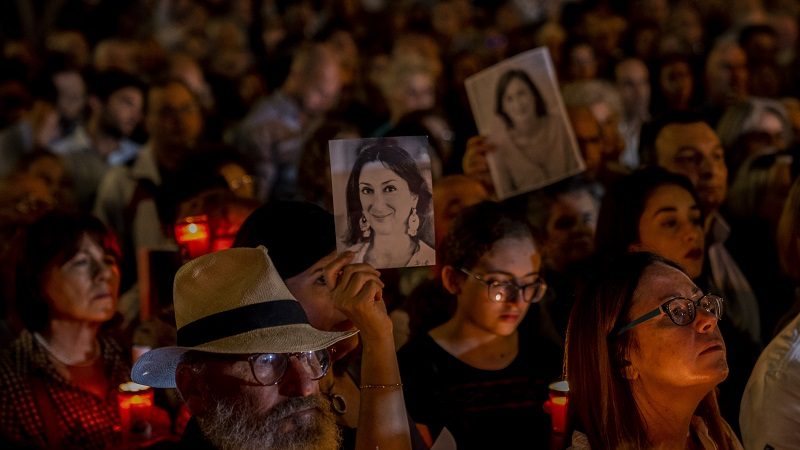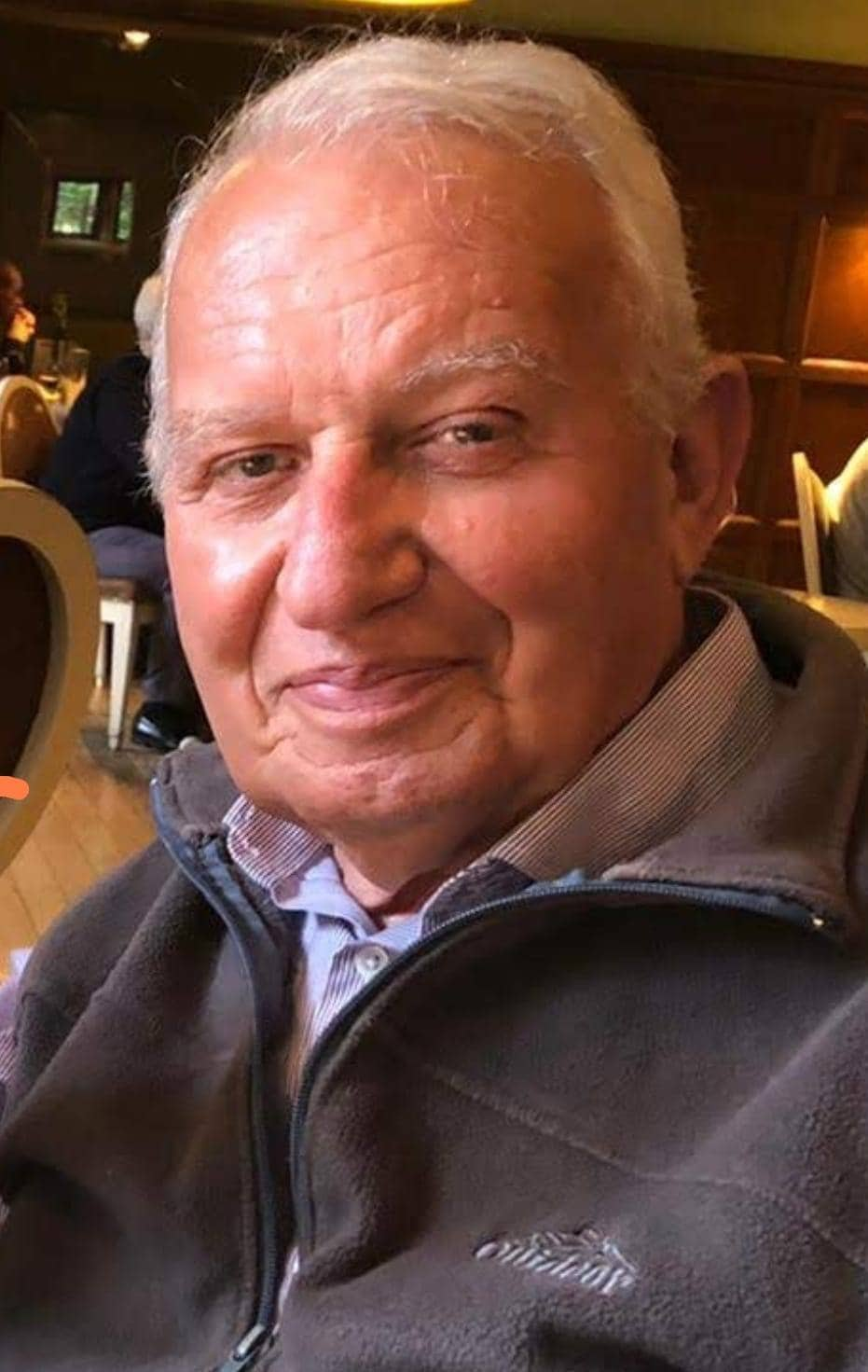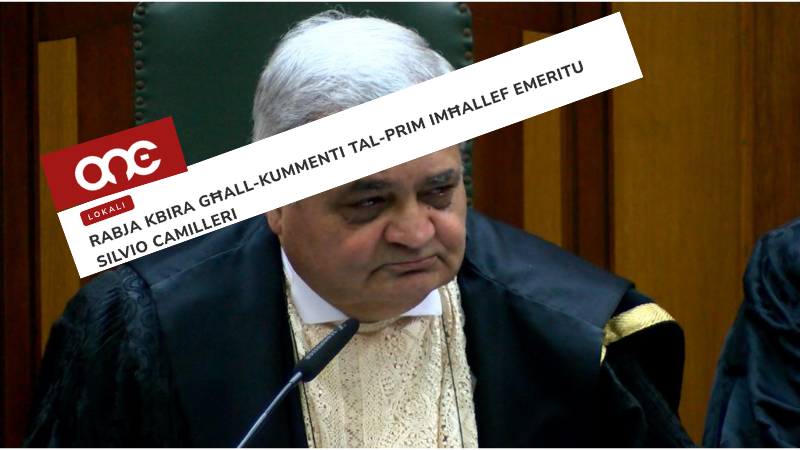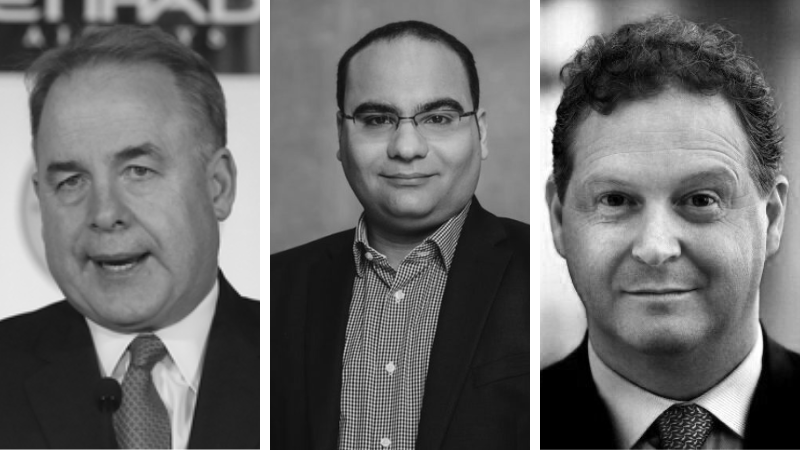Law enforcement authorities should follow journalism’s lead and urgently develop the necessary international networks to combat organised crime, the sons of assassinated journalist Daphne Caruana Galizia said.
Matthew, Andrew and Paul Caruana Galizia called for the creation of a new global entity designed to address the transnational nature of organised crime and corruption. In an article published by The Project Syndicate, they said that while investigative journalists have joined forces to expose globalised crime and corruption, justice and law enforcement remain largely national.
“While the produce and proceeds of crime flow seamlessly across borders, justice and law enforcement remain largely trapped within national boundaries, and are being steadily undermined and captured. Meanwhile, journalists attempting to document this are intimidated, locked up, and murdered,” they said.
Their mother’s work as an investigative journalist “uncovered a web of corruption linking major multinational deals, passport sales, and a sophisticated global money-laundering operation, and tugged on the threads until they led her to the heart of Malta’s government,” but instead of resignations, she faced reprisals that led to her death.
The impact of globalised crime and corruption is not limited to Malta and Europe, but the murdered journalists left in their wake “have taught us powerful lessons about how to respond”. But, they stressed that while journalists increasingly cooperate across borders, the capacity of national law enforcement authorities to deal with international crime remained limited.
“Law enforcement bodies could learn from journalism and work more urgently to develop the trusted-network approach that organised crime has perfected,” they said.
They pointed out that when journalists come under attack, it was usually a sign that the societies within which they operated were so corrupt that their law enforcement institutions and democratic checks were already compromised.
“This makes investigative reporters the last people left standing between the rule of law and those who seek to violate it, and it makes their work both more dangerous and less effective,” they said.
The article was published to coincide with the World Economic Forum in Davos where Matthew Caruana Galizia spoke of the dangers faced by investigative journalists, and the need for a more effective international response to address the threats posed by corruption and organised crime.














